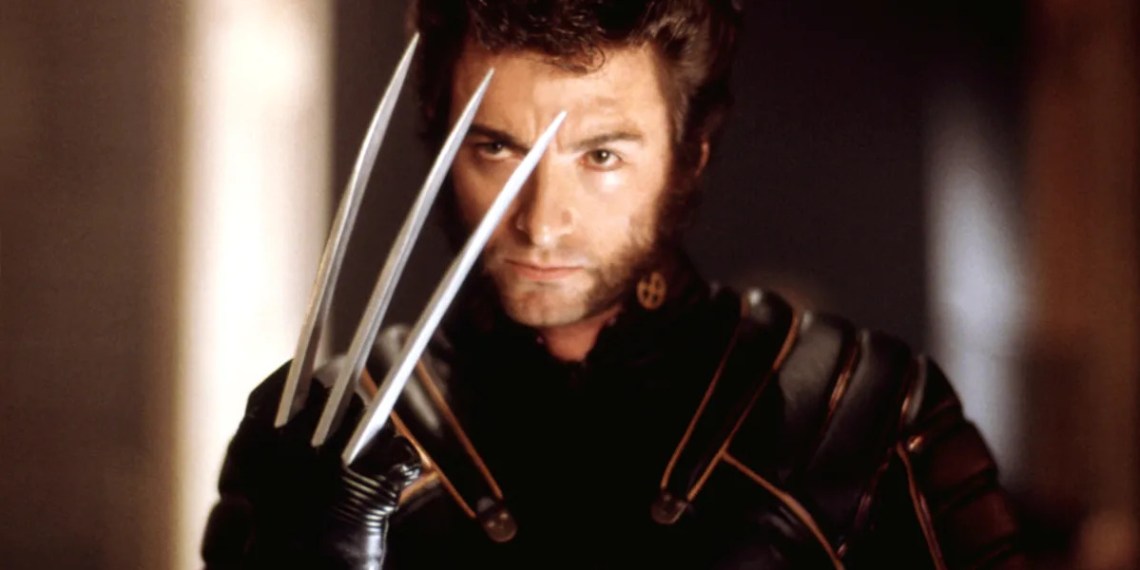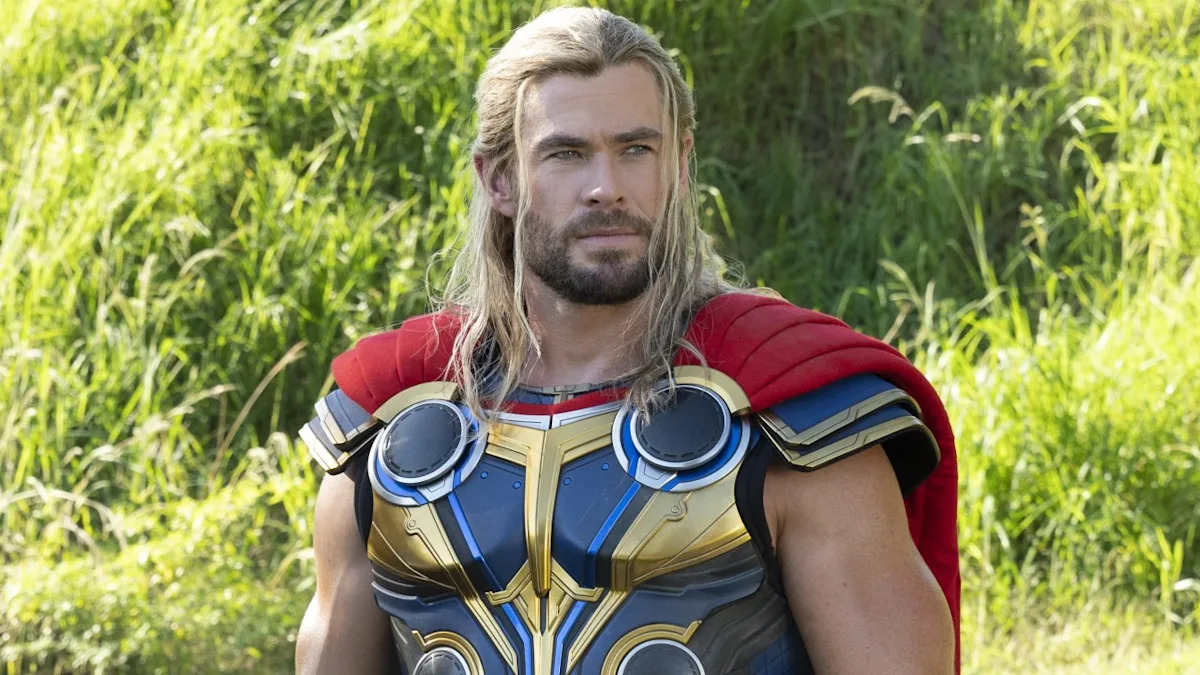On July 14, 2000, Marvel’s X-Men transitioned from comic books to the big screen, marking a pivotal moment in the evolution of superhero cinema. The film reshaped Marvel’s cinematic fortunes and established a successful template for the team-based blockbusters that would dominate the box office in the years to come.
The success of X-Men was built on the foundation laid by 1998’s Blade. The Wesley Snipes-led vampire film rescued the comic book genre from the critical and commercial fallout of 1997’s Batman & Robin. Blade also became the first successful theatrical release for a Marvel property, avoiding the direct-to-video fate of earlier adaptations like Captain America, The Punisher, and Roger Corman’s unreleased version of Fantastic Four.
Despite Blade‘s success, the path for X-Men was fraught with challenges. Director Bryan Singer had been attached to the project since the mid-1990s, but 20th Century Fox executives remained skeptical of its commercial prospects and wary of its budget. The script underwent multiple revisions, with contributions from prominent screenwriters like Christopher McQuarrie and Joss Whedon, as well as comic book legend Chris Claremont.
Budgetary concerns persisted into production, leading to the removal of several visual effects-heavy sequences, including a major set piece in the team’s training facility, the Danger Room. Ultimately, the film’s strength lay not in its spectacle but in its cast. Singer’s recruitment of Patrick Stewart and Ian McKellen to portray ideological foes Professor Charles Xavier and Magneto gave the film a significant dramatic weight.
A twist of fate also led to the casting of the actor who would define the franchise. Dougray Scott was originally cast as Wolverine, but production delays on his other film, Mission: Impossible 2, forced him to drop out. The role then went to Hugh Jackman, an Australian musical theater actor with limited film experience.
Despite joining an ensemble that included Halle Berry, James Marsden, Famke Janssen, and Oscar-winner Anna Paquin, Jackman emerged as the breakout star. As Wolverine, he became the anchor of the franchise through its numerous sequels and expansions, a role he has reprised for over two decades.
Released with modest expectations, X-Men surpassed $150 million at the domestic box office, becoming the sixth-highest-grossing film of 2000. Its success secured a larger budget for its sequel, X2: X-Men United (2003), which went on to earn over $200 million. This launched a franchise that spanned 20 years and 15 films, including the successful Deadpool spinoffs. The original 20th Century Fox-era series concluded with 2024’s Deadpool & Wolverine, which brought Jackman’s character back to close out that cinematic universe.
While the X-Men films were consistently popular with audiences, they rarely achieved the awards recognition of the Batman series or the Marvel Cinematic Universe. The original film earned accolades from the Academy of Science Fiction, Fantasy & Horror and the MTV Movie Awards, but later installments broke into the Oscar race.
X-Men: Days of Future Past (2014) received a nomination for Best Visual Effects. The ambitious crossover united the casts of the original trilogy and the prequel series that began with First Class (2011).
Logan (2017) earned a nomination for Best Adapted Screenplay. Widely regarded as one of the finest superhero films ever made, the final installment of Jackman’s solo Wolverine trilogy presents a dark, character-driven story. Director James Mangold, alongside co-writers Scott Frank and Michael Green, crafted a gripping narrative that blends Western and dystopian elements to provide a poignant conclusion for the character.






